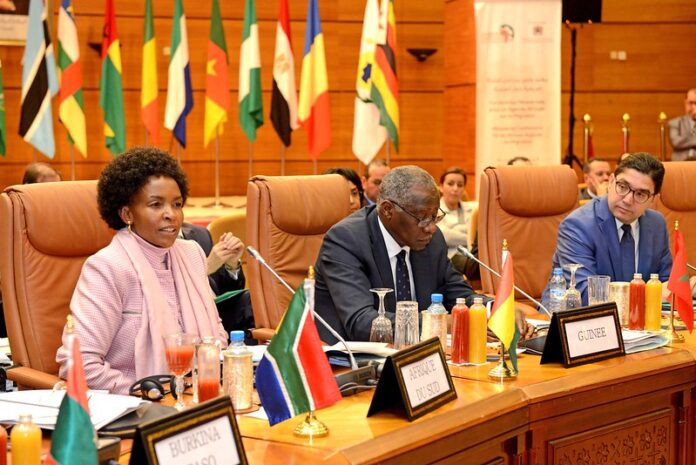Authors: Camille Le Coz and Antonio Pietropolli
Affiliation: Migration Policy Institute
Organization/Publisher: Migration Policy Institute
Date/Place: April 2, 2020/ Washington, DC, USA
Type of Literature: Article
Word Count: 2568
Link: https://www.migrationpolicy.org/article/africa-deepens-approach-migration-governance
Keywords: Africa, Migration Governance, European Union, EU Emergency Trust Fund for Africa
Brief:
African-European migration relations have often been dominated by border control and the return of African migrants from Europe. However, due to growing ties with Europe, African governments have started to implement more extensive migration strategies and further started to implement the issue into broader portfolios. More actors are involved in the creation and implementation of migration objectives. Especially since migration related investments by the European Union and the establishment of the EU Emergency Trust Fund for Africa (EUTF) in 2015, the once low priority topic of migration became a main driver of development in Africa. Labor migration, migrants’ rights, migration data management, and internal migration – these areas are covered by the updated Migration Policy Framework of the African Union since 2018. This framework recommends governing migration through “comprehensive, human-rights based and gender-responsive national migration strategies and policies.” The framework further emphasizes that governments should “engage all relevant ministries in the formulation of migration policy.” Additionally, this strategy recommends governments to embed migration policies into education, health, and labor market portfolios. Countries belonging to the Economic Community of West African States (ECOWAS) have moved towards the implementation. But still, governments face difficulties in rolling out their policies, due to lasting challenges to coordinate “within and beyond central government circles on migration, a lack of capacity of migration stakeholders, and competing interests among them.” The authors recommend that governments must invest in building the “capacity of all migration stakeholders, liaising between actors” who may have different interests and priorities, and overall must ensure the long-term funding for these initiatives. The author’s final advice is that Europeans could promote peer learning across the Schengen area and thus strengthen the collaboration.
By: Dilek Yücel-Kamadan, CIGA Research Associate




